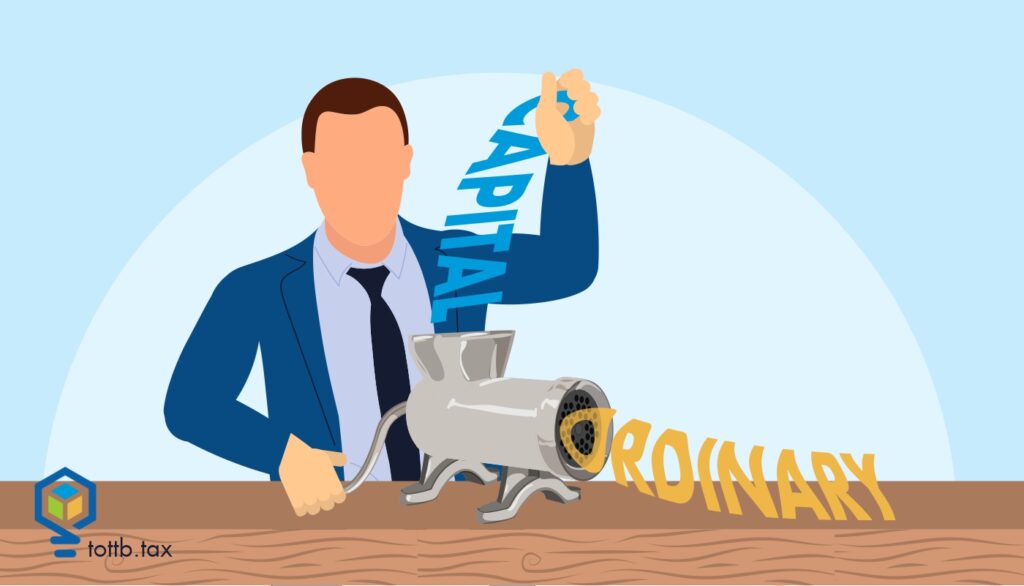Crypto Charitable Deduction Compliance – Mission Impossible?
Reilly’s Fourth Law of Tax: “Execution isn’t everything, but it’s a lot” might be amended when it comes to charitable deduction of property, because there you have an area where execution is almost everything. It is also an area that dramatically illustrates the Seventh Law: “Read the instructions.”
In January, we received guidance from the IRS on the reporting requirements for charitable contributions of crypto currency . If you have followed IRS guidance on crypto and know something about charitable donation reporting requirements, the result shouldn’t surprise you , but maybe it will.
The most disturbing part of the story is that the IRS may be asking for something we can’t provide…
Crypto Charitable Deduction Compliance – Mission Impossible? Read More »








